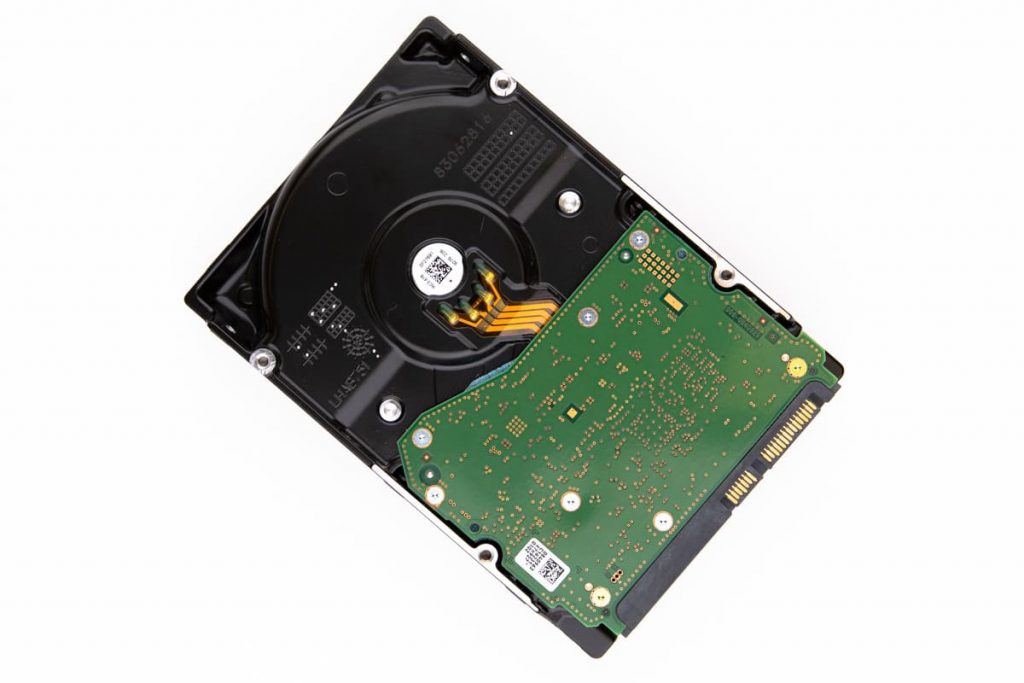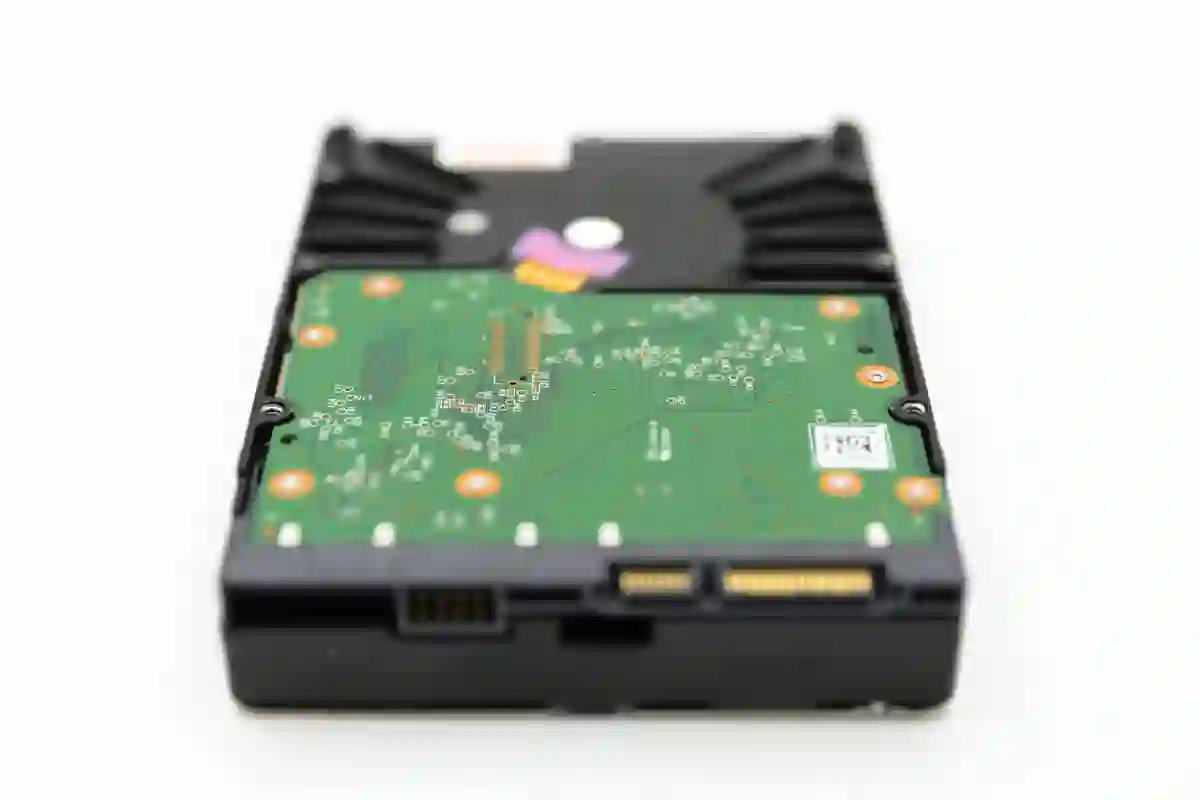Corrupted files can become a major issue for individuals and businesses, causing data loss, impeding work, and potentially leading to significant monetary costs. These problematic files, which have become damaged or unusable, are often the result of various software or hardware failures. This blog post highlights common causes of file corruption and provides practical strategies to fix corrupted files, helping you safeguard your valuable data.
What is a Corrupted File?
A corrupted file is a file which has become damaged, resulting in data loss or a complete inability to access the file. Corrupted files can occur in any format, including documents, images, videos, and music.
When a file is corrupted, it may not open or display an error message. In addition, it may open but contain missing or incorrect data. This situation can occur regardless of the file format or operating system.
How Do Files Become Corrupted?
There are several reasons why files can become corrupted. Here are some of the most frequent reasons for file corruption:
- Hardware Issues. Faulty hardware, such as a failing hard drive or bad sectors, can cause file corruption. If the hardware that stores a file is physically damaged, the file may become corrupted during the read/write process.

- Software Issues. Software bugs, viruses, or malware can also cause file corruption. When a program encounters an error or is infected by a virus, it may overwrite or corrupt files.
- Power Failure. If your computer shuts down unexpectedly or experiences a power outage while a file is being written or saved, the file may become corrupted. This is because the writing process was interrupted, leaving the file incomplete or corrupted.
- Human Error. Accidentally deleting or modifying files can also lead to corruption. For example, accidentally deleting a critical system file can cause the entire system to become unstable or even crash.
- Natural Disasters. Natural disasters such as earthquakes, fires, and floods can also cause file corruption. If the storage media or computer equipment is damaged in a natural disaster, the files stored on it can become corrupted.
How to Prevent File Corruption
Preventing file corruption is essential for data security and accessibility. Here are some tips to prevent file corruption:
- Regular Backups. Regular backups are crucial in preventing data loss. You should regularly back up your files to an external media or cloud storage.
- Use Reliable Hardware. Ensure that you are using reliable hardware to prevent file corruption due to hardware failure.
- Install Antivirus Software. Installing antivirus and antimalware software can help protect your system from malware that can cause file corruption.
- Use a UPS. A UPS (Uninterruptible Power Supply) can help prevent file corruption due to power outages. It provides backup power to your computer. Thus, in case of a power outage, giving you enough time to save your work and shut down your computer safely.
File corruption is always a risk, and when it occurs, it results in severe problems. When file corruption occurs in your storage, it is essential to entrust it to professionals.
How to Fix a Corrupted File
How to fix a corrupted file often depends on the root cause, so understanding the nature of the corruption is crucial. Some files may have been affected by a virus, while others may result from faulty hardware. The following steps are general guidelines, but remember that the process can vary depending on the specific circumstances of the corrupted file.
Determine the type of corruption
Before fixing a corrupted file, it’s important to identify what type of corruption has occurred. Common types include logical errors, physical damage, and malware attacks.
Use system tools
Many operating systems have built-in tools for fixing corrupted files. This can include the System File Checker or CHKDSK utility for Windows users. Mac users can utilize the Disk Utility tool.
Use backups
If you have a backup of the corrupted file, you may be able to replace the damaged version with a working one from your backup. This can save much time and effort to repair the corrupted file.
Check hardware and connections
Sometimes, corrupted files may be caused by faulty hardware or poor connections. Checking any hard drive or data cable issues could help prevent future file corruption.
Scan for malware
Malware attacks can corrupt files and cause significant damage to your system. Running a thorough scan with updated antivirus software can help remove any malicious programs causing file corruption.
Reach out to professionals
If the previously mentioned steps don’t help, or you’re not confident in resolving the issue yourself, consider seeking professional help. PITS Global Data Recovery Services specializes in corrupted file recovery, regardless of the cause of corruption. Their team of experts uses secure and cutting-edge techniques to salvage as much data as possible. Whether it’s a single important file or a large database, PITS Global can help you retrieve valuable information.
Recovery of Corrupted Files with PITS
PITS Global Data Recovery Services is a leading provider of reliable and secure data recovery services. We specialize in recovering data from damaged or corrupted storage devices. Our engineers are able to work on hard drives, SSDs, USB drives, memory cards, RAID systems, and other media.
Our data recovery services are designed to restore access to corrupted files, no matter the cause of the corruption. Our experienced engineers use advanced tools and techniques to recover data from even the most severely damaged storage devices.
At PITS Global Data Recovery Services, we realize how important your data is to you. That is why we do our best to achieve the maximum recovery result. Working in state-of-the-art facilities, we use advanced recovery methods to repair corrupted files on storage devices.
We also offer emergency data recovery services for critical situations where time is of the essence. Our emergency data recovery services are available 24/7. We can provide a fast turnaround time to get your data back to you as quickly as possible.
If you have corrupted files that you cannot access, PITS Global Data Recovery Services can help. Our professional data recovery services are designed to restore access to your data. No matter what type of storage device or file type you have, we will help.
Contact us today to learn more about our services and how we can help you. You can call us directly at 855.967.3984 to get answers to your questions. Our clients can also fill out the request help form below to get in touch with us.
Frequently Asked Questions
What causes a file to become corrupted?
Files can become corrupted for numerous reasons. This can be due to hardware failures, such as a hard drive crash, software errors, power outages during file operations, or due to malware and virus attacks.
How can I prevent file corruption?
Regular system maintenance, using reliable hardware, keeping your software and OS up to date, regularly backing up your files, and using a good antivirus program can significantly reduce the risk of file corruption.
Can I recover a corrupted file?
Yes, a corrupted file can often be recovered. You can use built-in system tools, restore from a backup, or use professional data recovery services if available.
What is the best way to backup my files to prevent loss from file corruption?
Backing up your crucial files on an external hard drive or a cloud-based service on a regular basis can safeguard your data against loss caused by file corruption.
Can viruses cause file corruption?
Yes, viruses and malware can corrupt files, either by altering the file’s code or by causing system instability, which leads to file corruption. Updating and running antivirus software to protect your system regularly is crucial.
